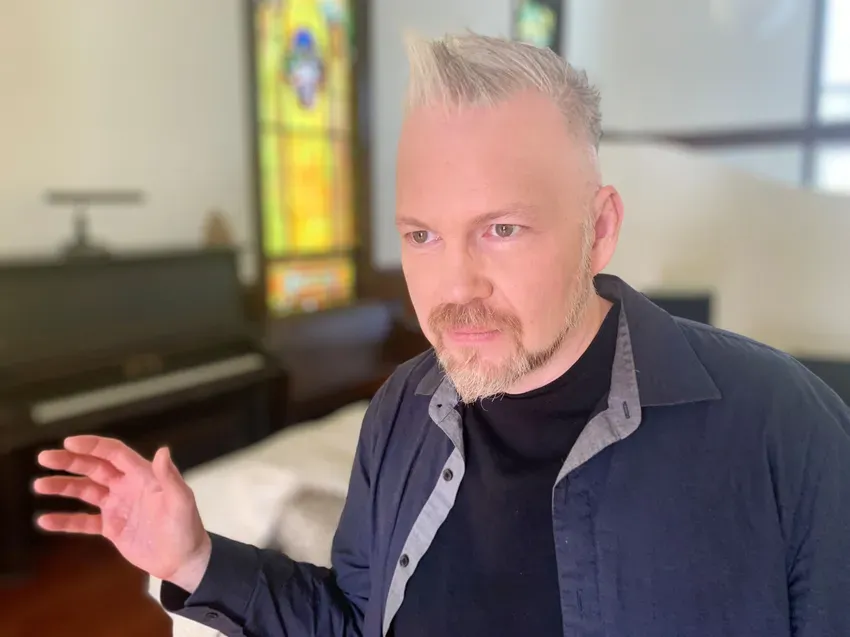Todd Stephens is a trailblazer in queer cinema. Known for his influential films, he remains an unsung hero to many. This interview aims to change that, providing an opportunity to explore the visionary filmmaker and his incredible journey. As one of the first directors and producers to bring genuine LGBTQ+ stories to life on screen, Todd has played a key role in highlighting underrepresented voices. Growing up in Sandusky, Ohio, he has dedicated his career to crafting narratives celebrating the beauty of queer lives. With over two decades of experience, Todd has developed a unique style marked by heartfelt emotion, sharp humor, and unflinching honesty.
His debut feature, Edge of Seventeen (1998), is a semi-autobiographical coming-of-age story that established him as a pioneer in LGBTQ+ storytelling. He followed it with Gypsy 83 (2001), a heartfelt exploration of identity and belonging. Later, he embraced camp and humor with the cult favorite Another Gay Movie (2006) and its sequel, Another Gay Movie Sequel: Gays Gone Wild (2008). Most recently, his film Swan Song offers a softer, more introspective narrative, earning praise for its portrayal of perseverance and self-discovery in queer life.
Here are the questions I asked him and his responses that shed light on his artistic journey and thoughts on representation in LGBTQ+ cinema.
Frank Gaimari: What early experiences or influences sparked your passion for filmmaking?
Todd Stephens: My love for movies, particularly horror films, began in childhood and quickly became a lifelong passion. In high school, I took my first steps into filmmaking by writing and directing a horror project titled Rest in Peace. Later, I honed my skills at NYU's film school, and by the time I turned thirty, I took to heart the advice of my professors: "Make a film about what you know." Drawing from my life experiences, I created my first feature film, Edge of Seventeen.
FG: What was your first big break in the film industry, and how did it happen?
TS: My break came after the release of Edge of Seventeen. My career took off in ways I couldn't have imagined. The film garnered numerous awards and reached renowned festivals like Sundance. That success didn't just validate my love for filmmaking; it opened doors, cementing my place in the industry and setting the stage for everything that followed.
FG: Edge of Seventeen is such a personal and iconic film. What inspired you to tell that story, and how much of it is autobiographical?
TS: Edge of Seventeen is my story–my coming-out journey. At that time, I was deeply inspired by the film Beautiful Things, which portrayed a young man grappling with his sexuality. Its honesty struck a chord, and I felt compelled to create something equally heartfelt yet distinctly my own. I poured my life, emotions, and experiences into Edge of Seventeen. It became a love letter to my younger self and anyone navigating their own messy, beautiful path toward self-discovery.
FG: Another Gay Movie and its sequel have become cult classics. What was your vision for these films?
TS: After Edge of Seventeen, I faced intense pressure to cross over and create a more mainstream, straight film. The industry's push to conform felt overwhelming, but as a gay man and filmmaker, my identity is inseparable from my work. In a quiet act of defiance, I made Gypsy, the protagonist of my next film Gypsy 83, straight–but gave her a gay best friend. Ironically, when the film was released, the criticism had nothing to do with mainstream appeal. Instead, I was told it wasn't gay enough. The whole experience was incredibly frustrating, leaving me caught between opposing expectations.
At that moment, I vowed never to compromise my vision or succumb to outside pressure again. Fueled by that frustration, I decided that my next film would be unapologetically gay–the biggest, boldest, and most outlandish gay movie ever conceived. And thus, Another Gay Movie was born.
FG: Swan Song has received widespread acclaim. What drew you to this story, and how did you navigate the creative process?
The inspiration for Swan Song came from a man named Mr. Pat, who lived in my hometown. He was a larger-than-life figure, a mix between David Bowie and Liberace. He would light up the dance floor at our local bar, the Universal Fruit and Nut Company. His flamboyant costumes were awe-inspiring, and he was captivating to watch. I never forgot about him.
A line from the film says, "Even though I didn't know you, you changed my life." That perfectly reflects what Mr. Pat meant to me. His fearless self-expression encouraged me to embrace my authenticity. The film masterfully captures his spirit, resilience, sense of identity, and steadfast dedication to being unapologetically true to himself.
FG: Out of all the films you've worked on, do you have a personal favorite?
TS: That's such a hard question! But if I had to pick, it would be Gypsy 83. This film is close to my heart, partly because it's the underdog. It didn't receive the attention it deserved, and the version released wasn't what I had envisioned. I was forced to cut so much during editing, and, in the process, some incredible material was left on the cutting room floor.
I'm thrilled to announce that the restoration of Gypsy 83 is almost complete, returning the film to its original vision. The re-released version will be released this summer, and I can't wait for audiences to experience it as I intended.
FG: Sandusky often takes center stage in your work. What makes the town such a compelling backdrop for your stories?
TS: Sandusky is my hometown. Being queer there in the 1980s was not easy. However, I've developed a strong connection to the place as I've gotten older. Sandusky appears in three of my films because I know it well, and that familiarity brings my stories to life. It serves as an ideal setting for exploring what it means to be queer in a small town.
FG: Can you share any upcoming projects or films you're working on with us?
TS: My next project is a biopic about Mae West. Without giving too much away, she was a trailblazing queer icon. Mae was an extraordinary woman–brave, bold, and ahead of her time. She was the first to put queer people on stage and believe it or not, was arrested for writing a play featuring drag queens. Her story is rich with history and significance, and there's so much about her that the LGBTQ+ community and the world deserve to know.
FG: Reflecting on your journey, what are you most proud of, and what legacy do you hope to leave?
TS: I'm proud that my films center on gay narratives and that I resisted the pressure to conform and mainstream my work. As a gay man, my purpose has always been to create authentic LGBTQ+ stories, and that's the legacy I hope to leave behind.
Todd Stephens's work is a vibrant tribute to queer identity, resilience, and the art of authentic storytelling. Through his films, he illuminates the importance of representation while capturing the beauty and complexity of LGBTQ+ lives. If you haven't yet experienced Todd's films, now is the perfect time to explore these powerful stories that resonate worldwide.
Copyright ©️2025 by Frank Gaimari
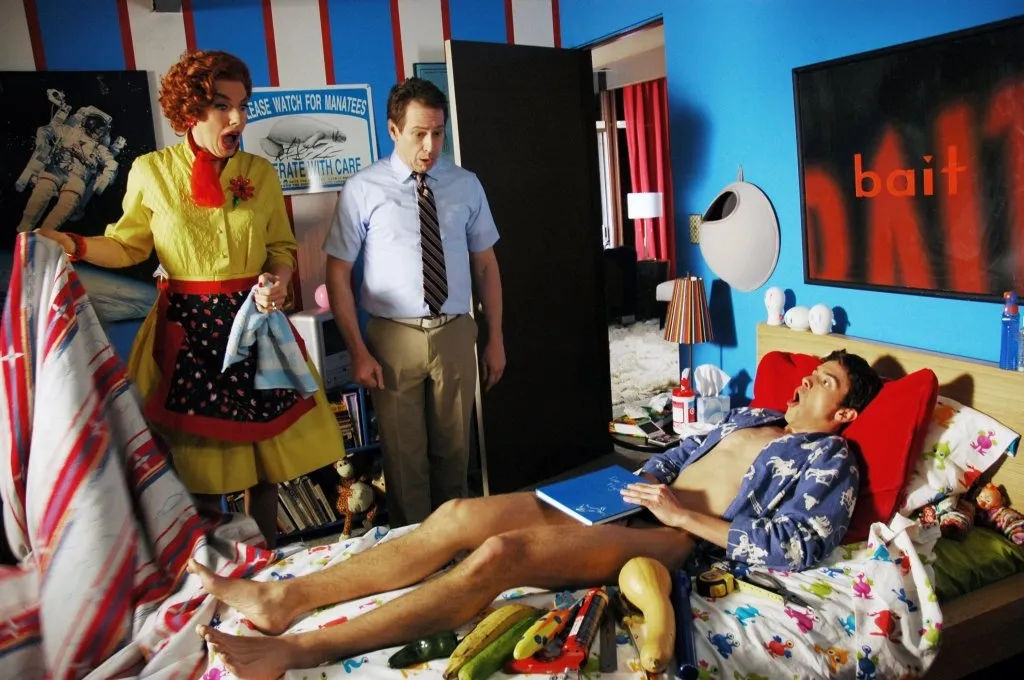
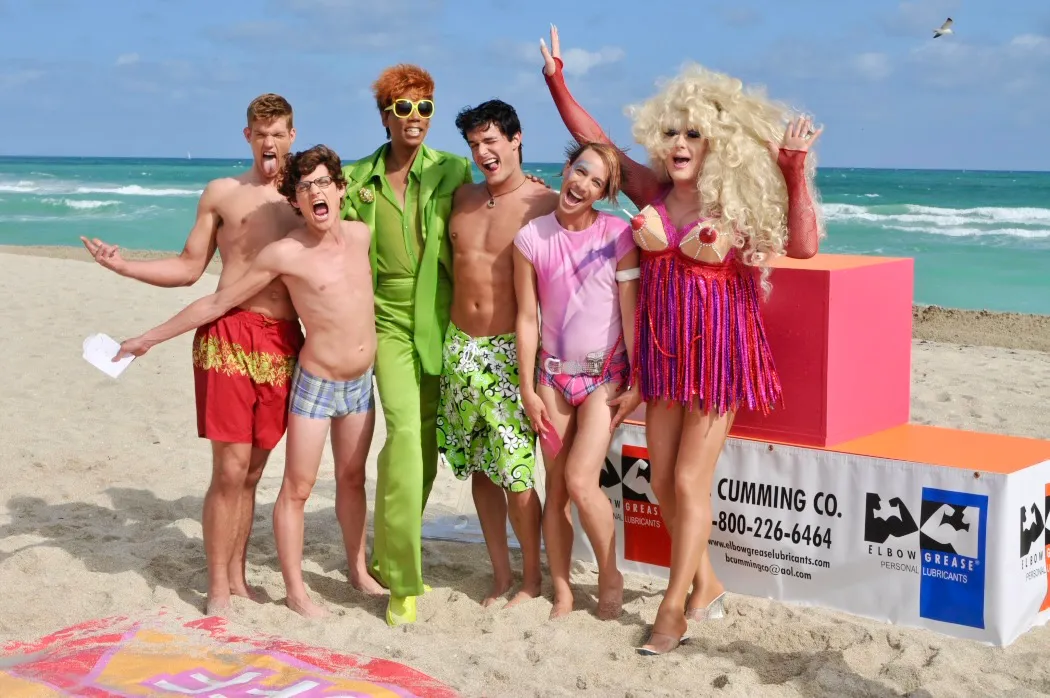
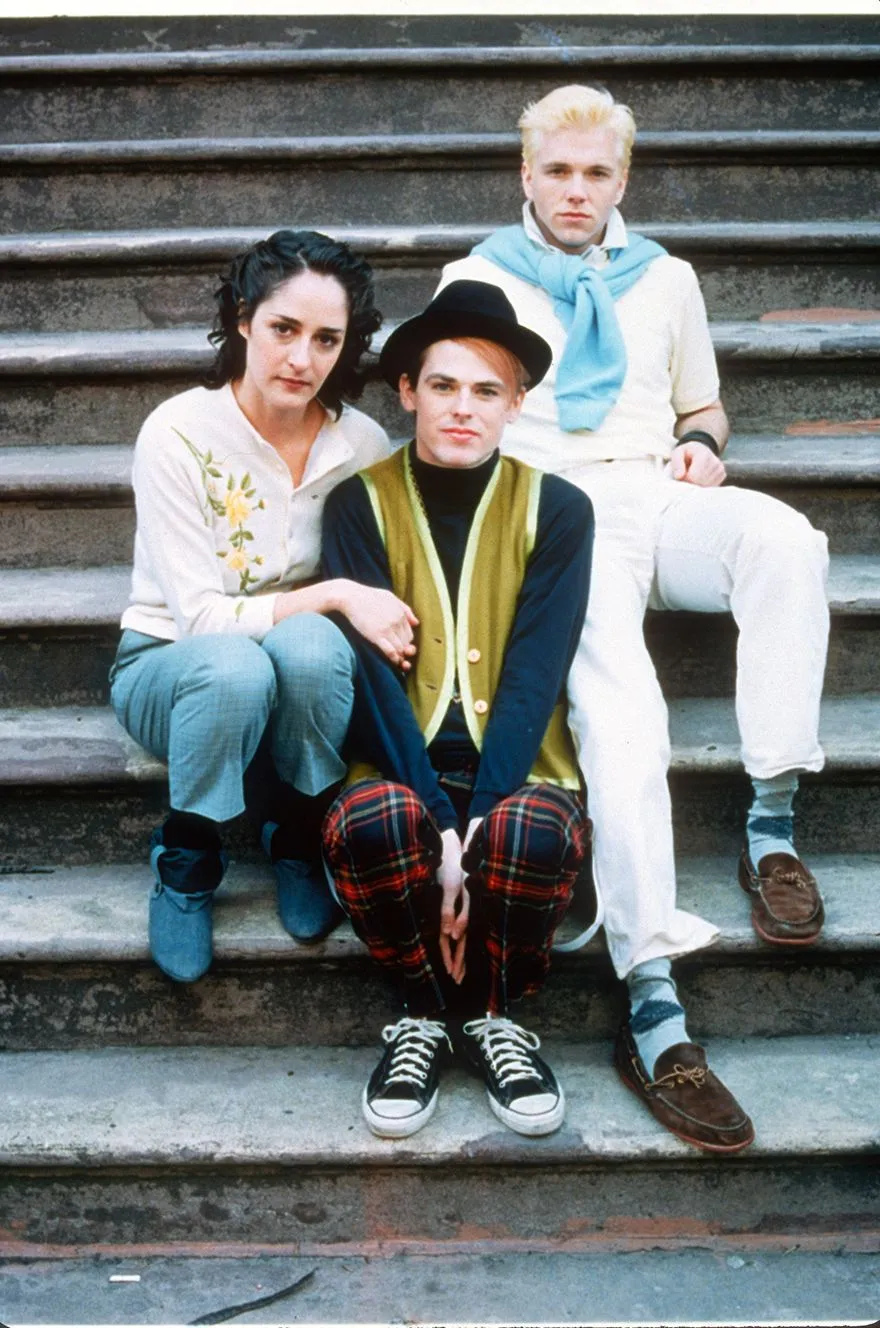
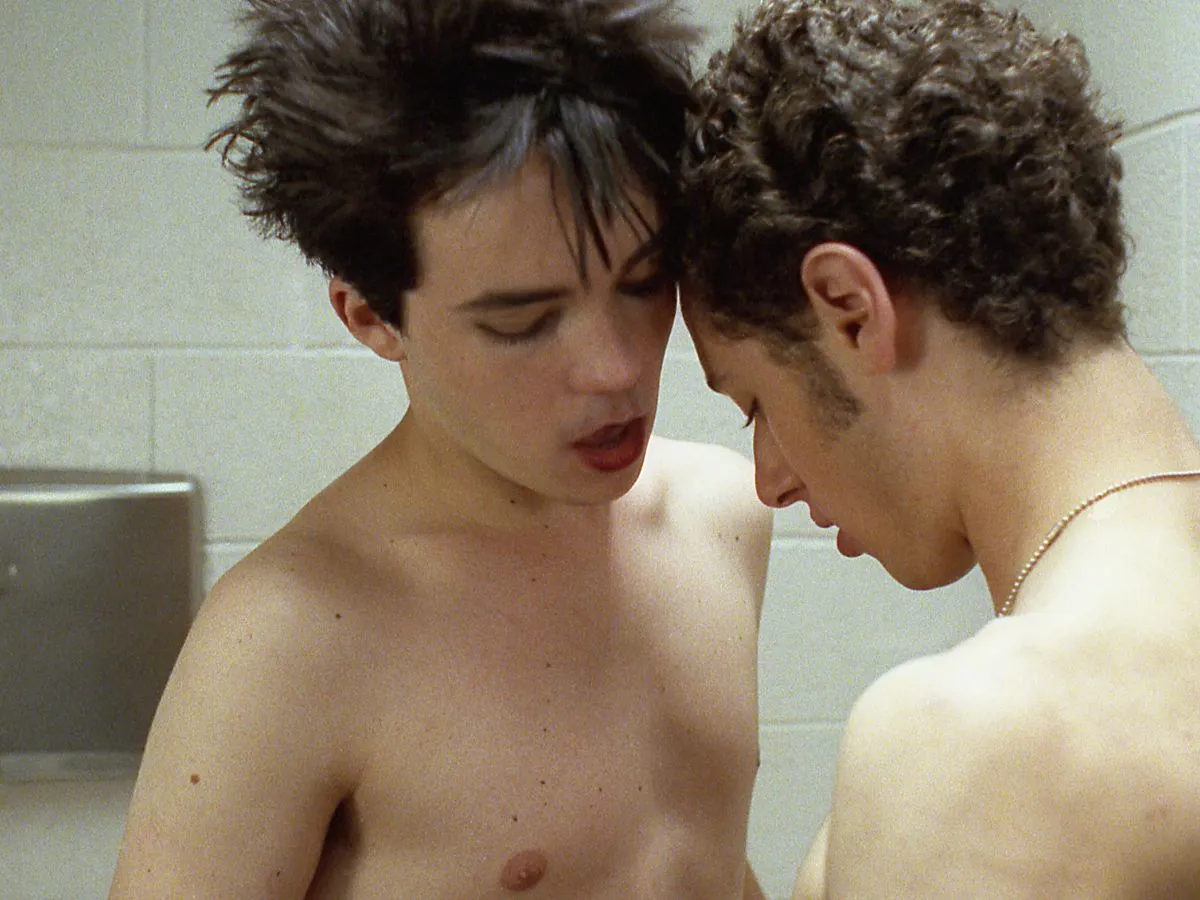
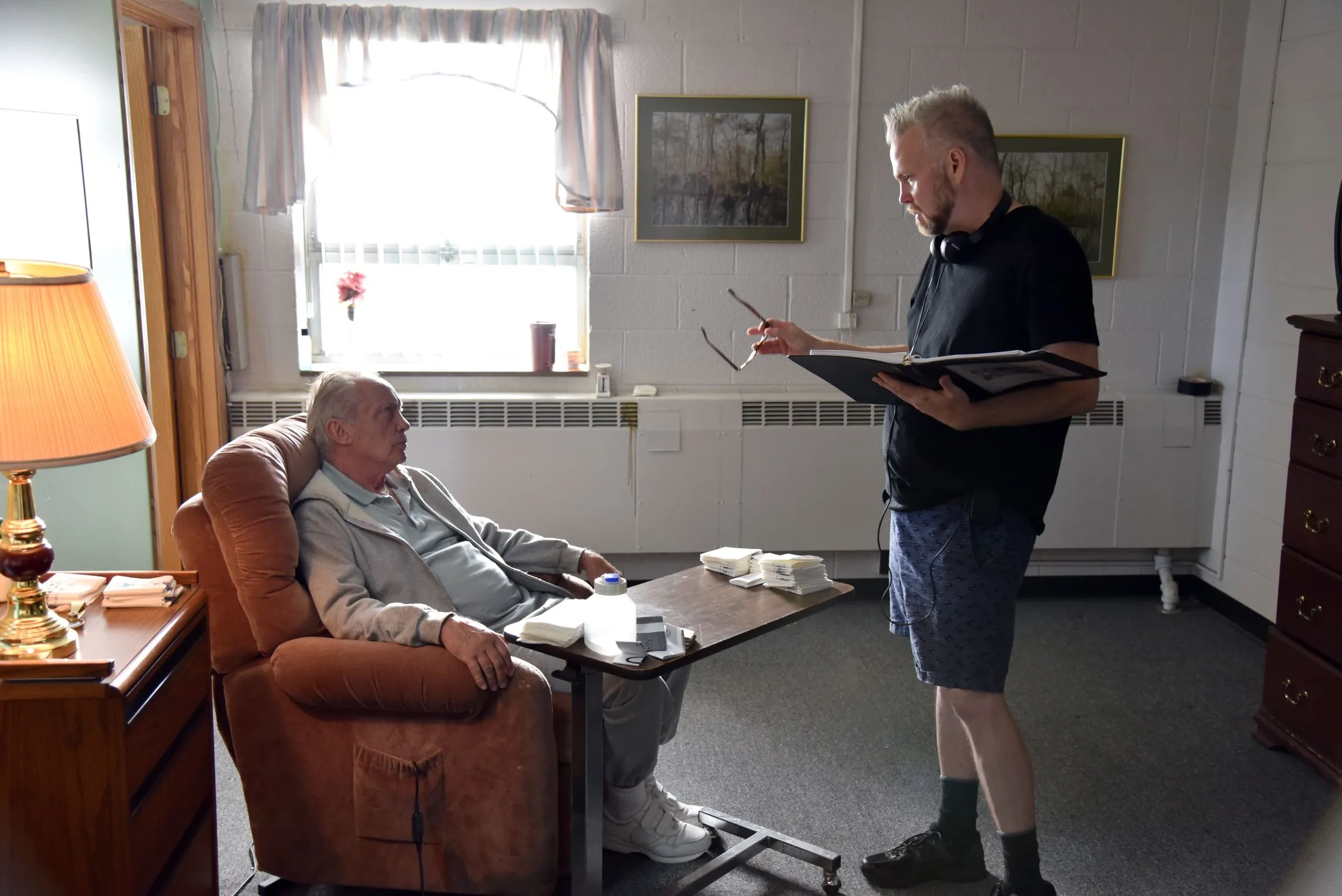
Support the Seattle Gay News: Celebrate 50 Years with Us!
As the third-oldest LGBTQIA+ newspaper in the United States, the Seattle Gay News (SGN) has been a vital independent source of news and entertainment for Seattle and the Pacific Northwest since 1974.
As we celebrate our 51st year, we need your support to continue our mission.
A monthly contribution will ensure that SGN remains a beacon of truth and a virtual gathering place for community dialogue.
Help us keep printing and providing a platform for LGBTQIA+ voices.
How you can donate!
Using this Link
Text "SGN" to 53-555
Or Scan the QR code below!



